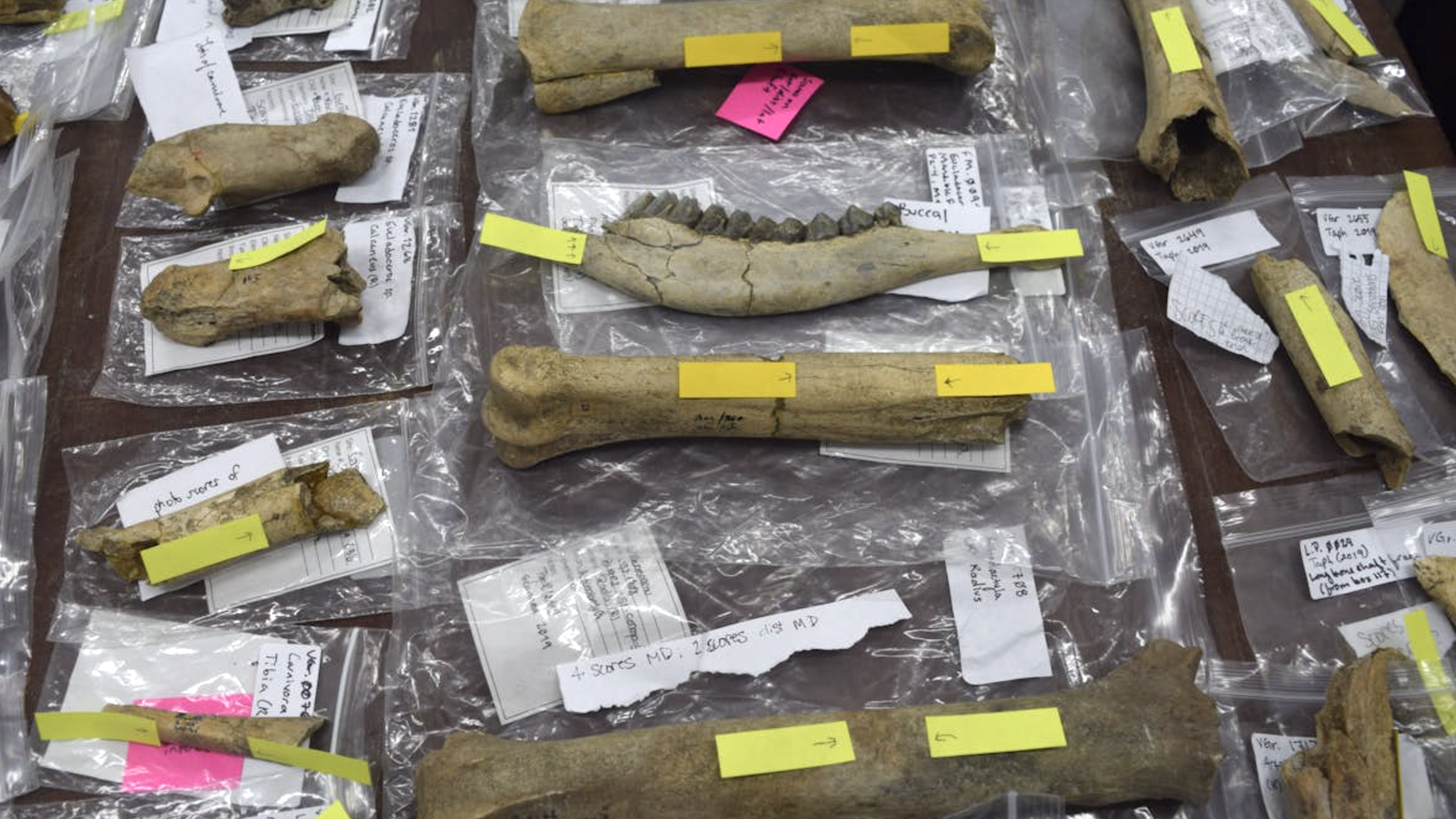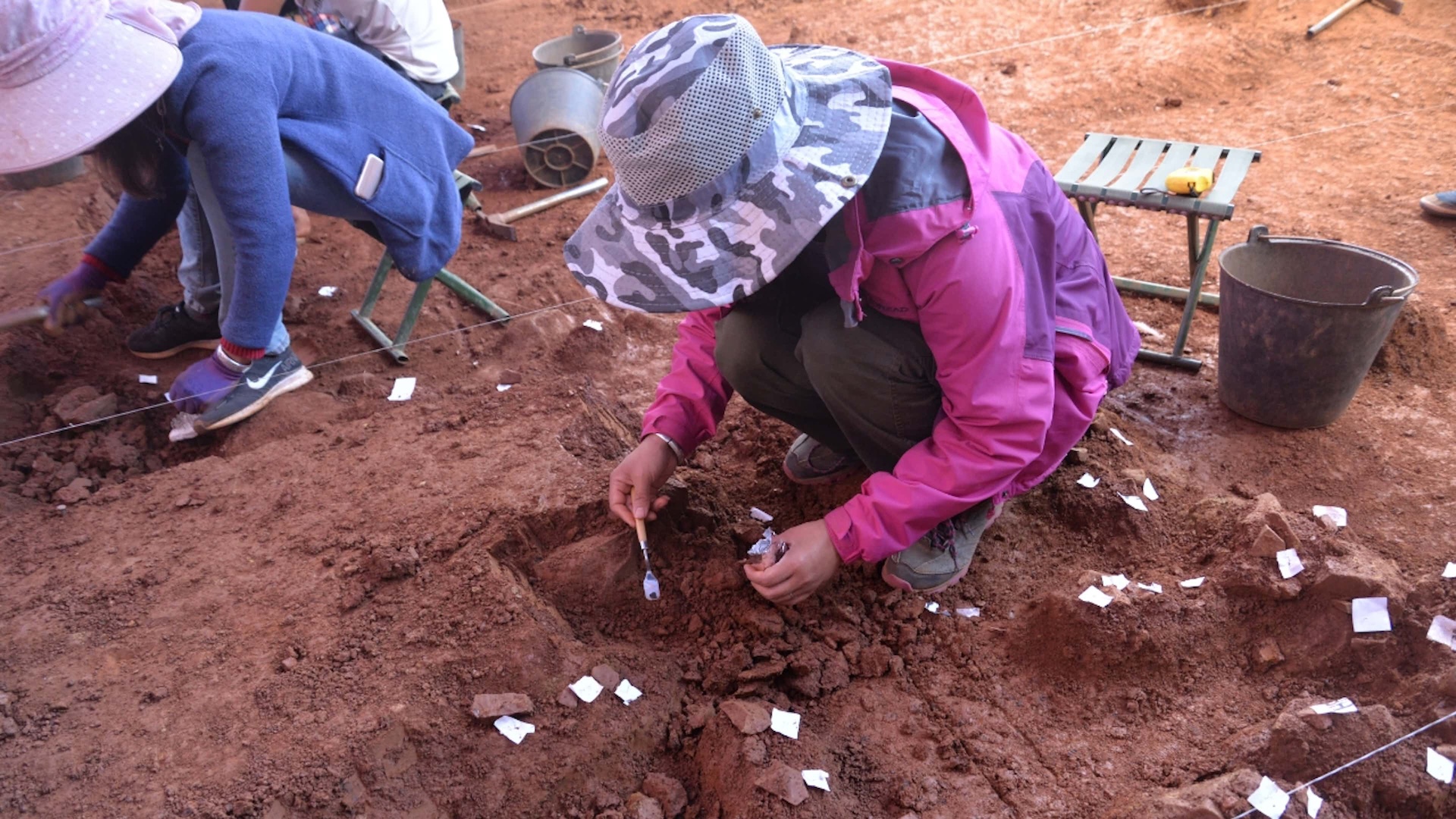
Alcoholics Anonymous, the 12-Step Fellowship: A Modern Miracle (Op-Ed)

Dr. Robert DuPont served as the first director of the U.S. National Institute on Drug Abuse (NIDA) and as the second White House drug chief. In 1978, he founded the Institute for Behavior and Health Inc., a nonprofit organization devoted to drug prevention and treatment. He has authored more than 300 professional articles on addiction and written numerous books on the subject, including "Getting Tough on Gateway Drugs: A Guide for the Family," "A Bridge to Recovery: An Introduction to Twelve-Step Programs" and "The Selfish Brain: Learning from Addiction." Currently, he is a board-certified practicing psychiatrist in addiction medicine, a leader with the American Society of Addiction Medicine (ASAM) and clinical professor of psychiatry at Georgetown University Medical School. He contributed this article to Live Science's Expert Voices: Op-Ed & Insights.
In a recent National Public Radio interview, Dr. Lance Dodes, co-author of a new book that attacks the efficacy of Alcoholics Anonymous (AA) and the many 12-step groups it has inspired, declared that AA — which he repeatedly misidentified as a "treatment" — probably has "the worst success rate in all of medicine," and is "harmful" to those who do not do well within its program. He told NPR that AA's success rate was "between 5 and 10 percent," and that AA harms people because "everyone believes that AA is the right treatment. AA is never wrong … If you fail in AA, it's you that's failed," he said.
Moreover, Dodes criticized AA and Narcotics Anonymous' (NA) "tally" system, which recognizes incremental periods of continued sobriety by awarding chips. "The dark side is, if you have a beer after six months of sobriety, you're back to zero in AA," Dodes said. "That makes no sense. It's unscientific. It's simply crazy. If you have only a beer in six months, you're doing beautifully."
I couldn't disagree more. His message is not only inaccurate and distorted, but also dangerous. No one should be discouraged from participating in these fellowships. They save lives every day.
When people ask me the percentage of success of AA and NA, the 12-step fellowships, I say it is 100 percent — for those who follow the programs as they're intended to be followed. This means not just going to an occasional meeting, but to many meetings every week, having a sponsor — who is similar to a sober companion — "working" each of the 12 steps in depth, specifically as they apply to the recovering addict, and making recovery the No. 1 priority.
This group of related fellowships is a modern miracle. There are many reasons to be proud of America, but none is more personally important to me — or more unique — than the founding of Alcoholics Anonymous in 1935 in Akron, Ohio.
AA is not "treatment," and it cannot be meaningfully compared to any treatment. When can anyone find a treatment program located in virtually every part of the world? A treatment program where someone calls you daily? A treatment program where you can call someone at 3 a.m.? And a "treatment" that not only is free to the suffering addict and alcoholic, but that requires no insurance, government funding or a license, and is not subject to any regulation?
No one makes money from it. Rich folks cannot even give money to it, because it needs none, other than the few dollars for administrative costs that its members donate during the meetings themselves. No one writes books about it. The groups actually seek no publicity; in fact, publicity goes against its principles. The word "anonymous" is part of its name for a reason; members respect the anonymity of those who participate, as well as their personal stories.
Moreover, unlike what Dodes apparently believes, no one judges you if you relapse. No one makes you feel as if you've failed. Rather, you receive unconditional support. I know of no other programs like these. They are not treatment, nor are they religion. The only requirement is a desire to stop drinking and using drugs.
But to say, as Dodes seems to be suggesting, that AA merely is a supportive social organization completely misses what this miracle is: AA and NA are well-established, sophisticated and effective paths to "recovery," a term adopted by these fellowships to make clear that AA does not offer to help members get back to their "premorbid" state, but rather to reach an entirely new and better state of living. Its members are not "reformed," which has a negative connotation, but "recovering," which is — and must be — a lifelong process.
Those in recovery serve as an inspiration, not only to drug addicts and alcoholics, but to everyone they encounter — a striking and remarkable contrast to the response they would receive if they were still using alcohol and drugs.
The bright line drawn by AA and NA — the sobriety date that marks the last time a recovering addict used alcohol or other drugs — is essential. It differs radically from the academic and professional standard for drug and alcohol addiction , which tolerates slips and relapses. The bright line of the sobriety date is a matter of importance and of huge pride for fellowship members — it is a core marker of identity in the fellowships, and a fundamental defining part of the disease of addiction. One of the true joys of this fellowship is attending a group celebration that commemorates a recovering addict's "clean time" anniversary.

The all too common academic, professional views on addiction, well represented by Dodes, run counter to the AA and NA goal of sobriety. Many professionals and academics see continued alcohol and drug use as OK but "problem-generating use" as not quite as acceptable. They encourage controlled, responsible alcohol and drug use. They encourage cutting down, but not stopping. They view drug and alcohol use by addicts as a lifestyle alternative that, like sexual orientation, should not be "stigmatized."
That is a reckless view. An addict who has one beer after six months of sobriety is not doing "beautifully." Instead, he or she is courting catastrophe, and likely to easily fall back into active addiction. An addict cannot just have one beer, or one cigarette, or one pill. True lifelong recovery does not happen that way, and anyone who believes that it does is heading for a major relapse.
There are endless examples of skeptics like Dodes who seek alternatives to AA, or approaches that attack AA. I suggest to my patients who reject AA that they find one of these alternatives, and see what they think of it. They tell me that such programs are hard to find. I ask them, "Why do you think that is the case? Doesn't that tell you something?" When they go to these alternative meetings and hear little beyond AA-bashing, I ask them, "How will this help keep you sober?"
AA and NA do not replace treatment; they enhance it. I see this daily in my own practice. Some addicts do get well without AA or NA, but far more of them fail. I encourage my patients to join the fellowships, and I rejoice with them when they do, confident that they have a better chance at lifelong recovery.
When patients tell me they have attended AA or NA meetings but they haven't helped, it doesn't take long to discover that their attendance was brief. I urge them to find a sponsor and speak to their sponsor daily. I tell them to work the steps with a life-or-death intensity, and to do what is known as "90/90" — attend 90 meetings in 90 days. Those who follow these suggestions almost always end up with a new outlook on life and the potential for long-term sobriety. [Most Alcoholics in ‘Serious Denial’ About Treatment ]
Clinicians like me all have come to believe that these fellowships are a blessing — not just for our patients, but for all of us.
The wisdom of the 12-step fellowships does not come simply from Bill Wilson or Bob Smith, AA's founders. It is wisdom distilled from the experiences of millions of suffering addicts and alcoholics. That source makes it utterly different from the academic studies of addiction. With the 12 steps, what works sticks, and what doesn't disappears. The leaders don't abandon the latter; the entire community does.
The 12-step approach is ever-changing and growing. It also is endlessly diverse, fitting in with every culture and subculture in the world. It is adaptable and sensitive to vast diversity. It is unlicensed and uncensored. Anyone can start an AA or NA meeting anywhere he or she chooses. Those groups that meet real needs of real people will thrive and grow.
To be sure, attacking AA probably sells books. Sadly, Dodes' view of the 12-step fellowships, while misguided and ill-informed, is held by many otherwise sensible and well-informed individuals. I never have understood their skepticism. Think about it. Why have these programs endured so long and become so widespread?
The answer: It works if you work it.
Follow all of the Expert Voices issues and debates — and become part of the discussion — on Facebook, Twitter and Google +. The views expressed are those of the author and do not necessarily reflect the views of the publisher. This version of the article was originally published on Live Science.
Sign up for the Live Science daily newsletter now
Get the world’s most fascinating discoveries delivered straight to your inbox.










